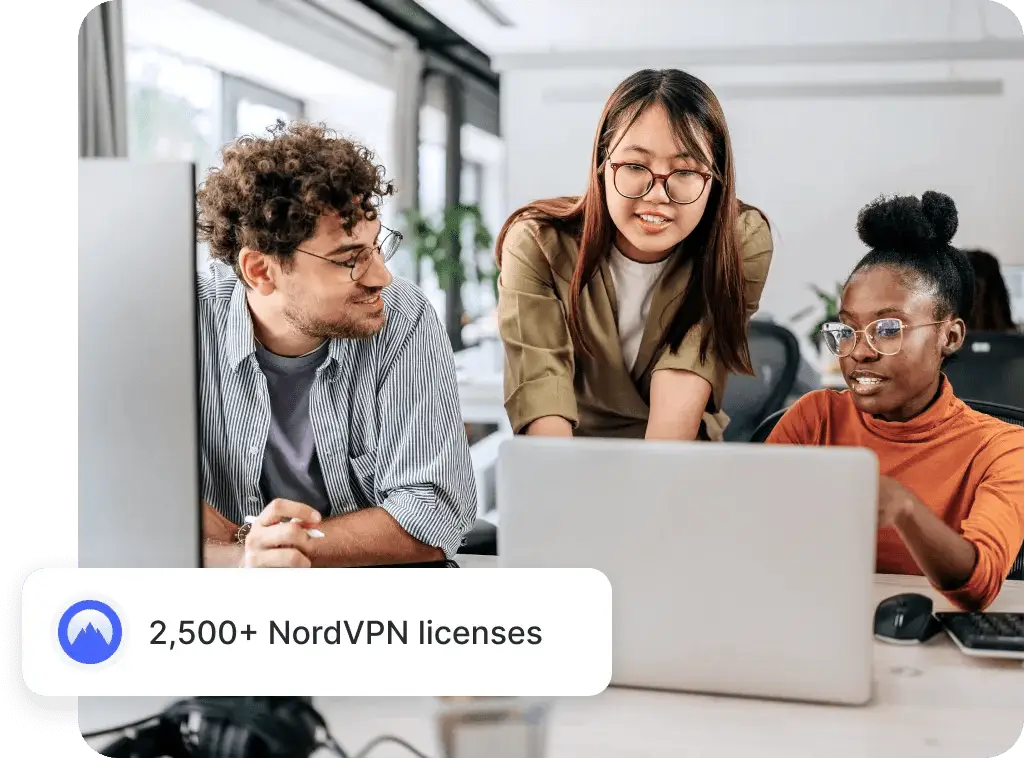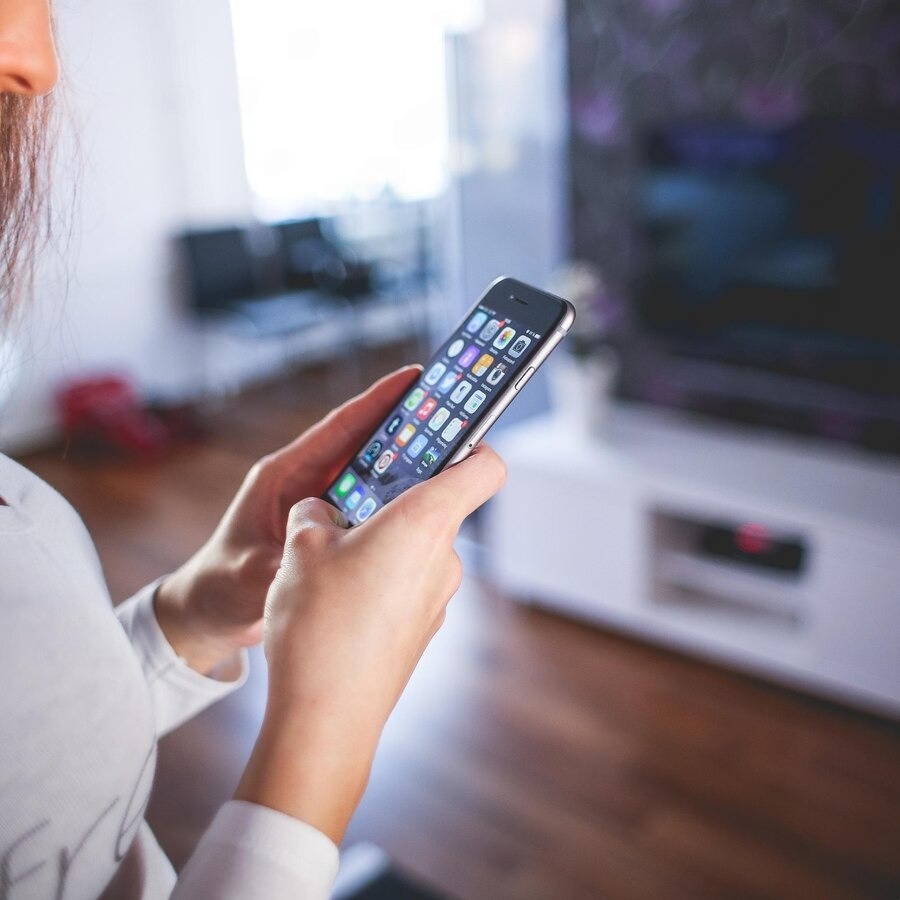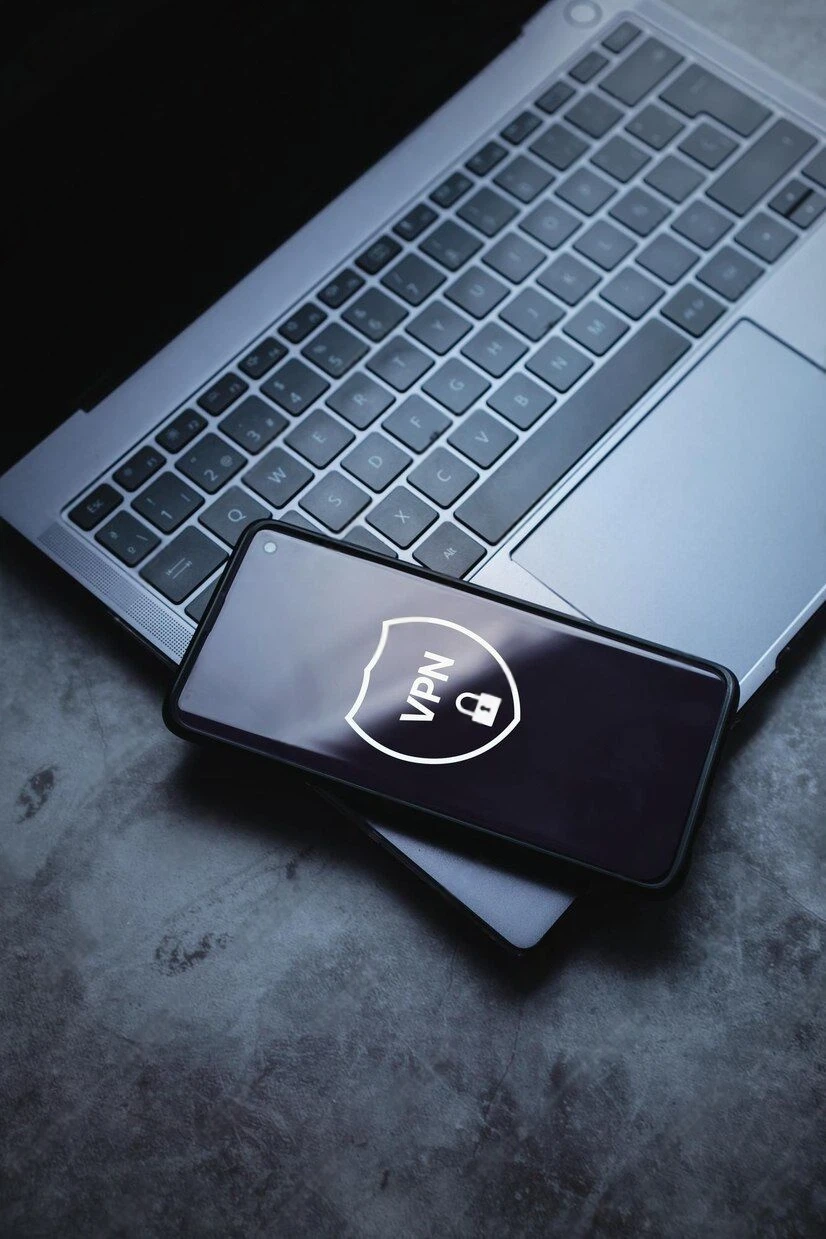“The VPN recommended by VPNgeniX works better than anything I’ve tried before. It helps me connect with clients without issues.”
Best VPNs for Students

Get Access. Stay Private. Study Anywhere.
Whether using campus Wi-Fi, traveling, or just wanting more control over your connection, a VPN gives you privacy and freedom with no extra hassle.
VPNs help students keep things simple, secure, and open, from research to entertainment.
Best VPNs for Students — Secure, Fast, and Affordable Protection for College Life
Why Students Use VPNs?
College and university campuses are known for heavy internet restrictions. Network administrators often block social platforms, gaming servers, or streaming apps to save bandwidth. That means you might suddenly lose access to tools like Discord, Reddit, or even Zoom right before an online class or group project. For students who rely on open access, this can be both frustrating and disruptive.
A VPN for college students solves these problems immediately. By encrypting your traffic and masking your IP address, it allows you to bypass restrictions and browse without limits. Whether you need to access international research articles, upload assignments, or just relax by streaming Netflix after a long day, a VPN ensures you have unrestricted access.
It’s not only about entertainment or convenience. Campus and library Wi-Fi are often poorly secured, making them prime targets for snooping or data theft. With a VPN, all your information—from logins to private messages—travels through a secure, encrypted tunnel. That means no one, not your university, or cybercriminals, can see what you’re doing online. For modern students balancing study, work, and social life, using a VPN isn’t just helpful—it’s essential.


Common Student Problems Solved by VPNs
- Problem: Can’t access class materials abroad
- Solution: Use your school VPN or connect through your home country
- Problem: Streaming services won’t load on campus
- Solution: A VPN helps skip those filters
- Problem: ISP slows down downloads during peak hours
- Solution: VPNs hide what you’re doing and reduce throttling
- Problem: Traveling students can’t access their usual content
- Solution: Change your location to match your home country
Best VPNs for Students
Fast, reliable, and offers student discounts. Has threat protection tools that block ads and malware.

Great for speed and streaming. Works well with Netflix, YouTube, and Spotify. Simple setup on phones and laptops.

Cheap, supports unlimited devices, and works on all major platforms. Suitable for shared apartments and group subscriptions.
Beginner-friendly and has streaming-focused servers. Includes a kill switch and solid privacy features.
Offers solid speeds and a strong no-logs promise. Paid plans allow P2P traffic and include extra security tools.

Affordable and customizable. Allows port forwarding and works well for advanced users.
FastestVPN offers secure connections, decent speed, and a clean Android interface. It doesn’t have every feature, but it holds up well for the price.

Where VPNs Help Most
One of the biggest academic advantages of using a VPN for college students is access to global educational resources. Many research papers, online journals, and databases are region-restricted. If your school subscribes to these services but you’re abroad, a VPN lets you connect through your home country and regain full access. This can be a game-changer for writing essays, preparing research projects, or collaborating with professors.
VPNs also make communication easier. Messaging apps like WhatsApp, Telegram, or Discord are sometimes blocked on public Wi-Fi, especially if you’re studying outside the United States. With a VPN, you can unblock these platforms and stay connected with friends, classmates, or international study groups.
Entertainment is another area where VPNs shine. Campuses often throttle video streaming to keep bandwidth free for academic use. A VPN bypasses these limits and lets you enjoy Netflix, Hulu, BBC iPlayer, or Disney+ without interruptions. Gamers benefit too—VPNs can reduce lag, unblock regional servers, and keep gaming sessions safe from DDoS attacks.
Even everyday file sharing becomes easier. Many universities restrict or slow down peer-to-peer services. A VPN helps restore normal speeds and lets you collaborate more efficiently when exchanging project files.
VPNs on Public Wi-Fi
Free Wi-Fi on campus or in libraries may feel convenient, but it’s one of the most insecure ways to go online. These networks are often monitored and vulnerable to cyberattacks. A VPN for college students ensures your data remains private, no matter how unsafe the network is.
When you connect through a VPN, your traffic is encrypted from end to end. This prevents your school, your internet provider, or anyone on the same network from spying on your activity. It protects sensitive data like student portal logins, bank credentials, or private research searches.
Students who study in public spaces—cafés, airports, or hostels during study abroad—especially benefit from this protection. Hackers on open Wi-Fi often use tools to intercept traffic, but a VPN blocks these attempts by creating a secure digital tunnel.
Beyond protection, VPNs also provide consistency. Switching between networks on campus, at home, and in public spaces doesn’t interrupt your access. Once your VPN is active, your browsing remains private and stable everywhere. For college students juggling multiple devices and networks daily, this reliability is key. Additionally, a VPN for college students can help access geo-restricted academic resources, streaming services, and collaboration tools safely, making it an essential tool for both study and leisure.
Streaming Without Limits
Many universities throttle bandwidth for entertainment sites or block access outright. It’s not uncommon to find Netflix, Spotify, or YouTube laggy or unavailable on dorm Wi-Fi.
With a VPN, you can route your connection through a server in your home country or another region. This tricks streaming platforms into treating your traffic like any other home user, removing restrictions and restoring full access to your favorite content.
Whether you’re catching up on a show from back home or streaming live sports in HD, a good VPN restores the experience with no buffering or sudden blackouts.
Device Support for Students
Modern students use laptops, phones, tablets, smart TVs, and even gaming consoles. The best VPNs work seamlessly across all of them.
Whether you’re working from a Windows laptop, watching on a Fire Stick, or scrolling Reddit from your iPhone, a good VPN has apps ready to go. Some even offer browser extensions for Chrome and Firefox, letting you toggle VPN protection in one click.
Many providers allow multiple device connections under one account, perfect for roommates, dorm setups, or anyone juggling a study/work/play combo.


Budget-Friendly Plans
Students are budget-conscious, and VPN providers know it. Many offer steep discounts for annual plans, bundles for shared accounts, or verified student pricing.
You’ll often find flexible payment options too; PayPal, crypto, or even gift cards if you’re privacy-minded. Most also include a 30-day money-back guarantee, so you can test before committing.
And if you only need coverage for a short time, say during exams abroad or a semester away, a free trial or limited plan might be all you need.
Features That Matter for Students
When choosing a VPN, speed and simplicity matter. You want an app that just works, without extra setup, lag, or confusion.
Look for providers that offer a clear no-logs policy, a built-in kill switch to prevent leaks, and mobile/desktop apps that are intuitive. Customer support with live chat is also a plus, especially if you’re new to VPNs and need setup help.
The ability to connect on multiple devices, switch server locations easily, and use auto-connect features makes a VPN an everyday tool, not just a niche add-on.
Do You Really Need a VPN?
If you travel, use campus Wi-Fi, share a dorm network, or stream across platforms, a VPN is a smart investment. It protects your activity, opens access, and adds a layer of privacy no campus network will provide.
Even if your main use is watching shows or sending files, you’ll notice better speeds, fewer restrictions, and less tracking with a reliable VPN.
Are Free VPNs Safe?
Free VPNs may seem like a tempting shortcut, but most come with major compromises. They often collect and sell your data, limit speeds, or flood you with ads.
Few free options work reliably with streaming services or offer strong encryption. If you’re serious about privacy or unblocking content, a paid VPN with a free trial or refund policy is the smarter bet.

Final Thoughts
A VPN helps you stay connected, private, and in control, whether in class, on the road, or just trying to get your favorite show to load. You can skip firewalls, protect your data, and study without blocks for a small monthly cost (or even free with a trial).
Testimonials
Client Reviews

Ally Shetty
“This was my first time using VPNgeniX. After some major security problems on my Mac, their help made a real difference.”

Becky Wilson
“I don’t usually write reviews, but I had to thank the team at VPNgeniX. Their support during a tough period meant a lot.”

Hawkins Muller
Contact Us
Get in Touch
Have a question, need support, or just want to learn more about VPNs? Fill out the form, and we’ll get back to you shortly.
We’re here to help with product questions, setup advice, or general support, whether you’re new or already using a service we recommend.
